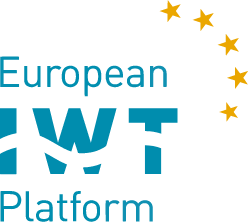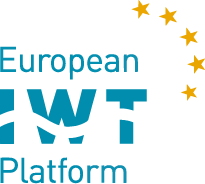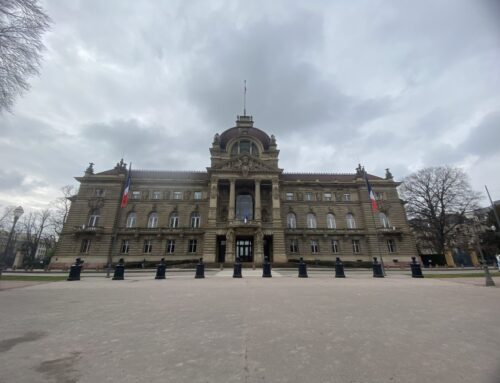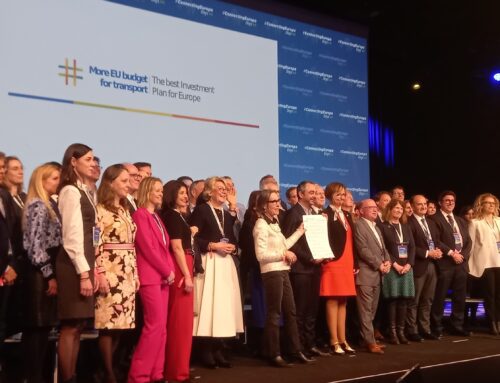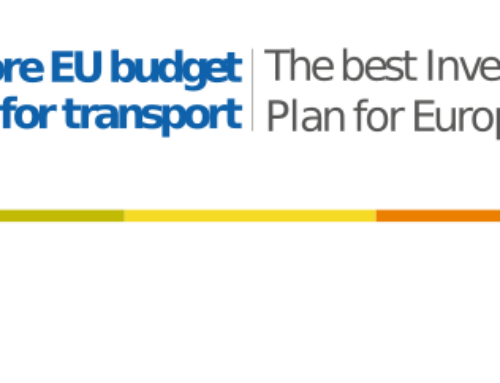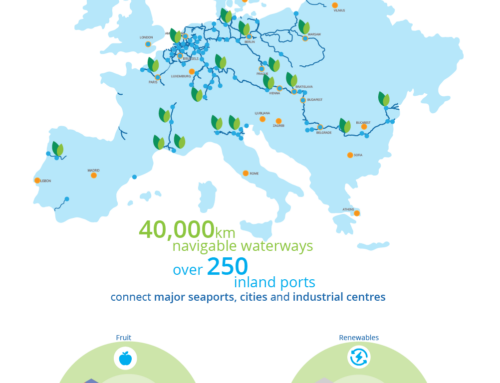Decades-long congestion in the seaports of Rotterdam and Antwerp has traditionally delayed barge operations and the container supply chain to and from hinterland-destinations in North-Western Europe. The congestion, recognized as a structural phenomenon, does not only affect the daily business activities, but is also threatens the areas ambitions for long-term modal shift.
The main symptoms
Although several market-initiatives have been taken in the past two years, the root of the problem which is the lack of sufficient structural and dedicated handling-capacity for barges in the seaports, has still not been successfully addressed.
It is the inland-navigation vessels that have to face the knock-on negative effects of all kinds of disorder, for example deep-sea vessels arriving behind the schedule or (temporary) terminal’s unavailability when it comes to allocation of handling capacity at the deep-sea quays. The delays themselves are not a problem, but they do constitute the main symptoms.
To draw attention to the current situation, in mid-October a ‘congestion-parade’ took place in the port of Rotterdam. A number of barges, considerably overdue with their handling slots, performed a protest cruise in front of the port delay hotspots, renowned for the delays caused to the inland navigation fleet. Although the initiative for this protest rally was taken by an individual barge-operator, all barge-operators recognize and are affected by this issue. Therefore this action was strongly supported by LINc, the Dutch professional organization for container barge- and inland terminal operators.
LINc emphasizes that the action itself was not addressed to individual terminals, but to the whole ‘port-system’ that facilitates the disruption of the supply chains.
Conclusion
The next six months, significant (recovery) volumes are expected to be handled in the ports of Rotterdam and Antwerp.
LINc is therefore calling on all stakeholders involved – liners, terminals, Port Authorities, shippers and the inland navigation sector – to continue to face up to their responsibilities and actively continue working towards finding structural solutions to the problem.
Frank Reijerse
1st of December 2020
